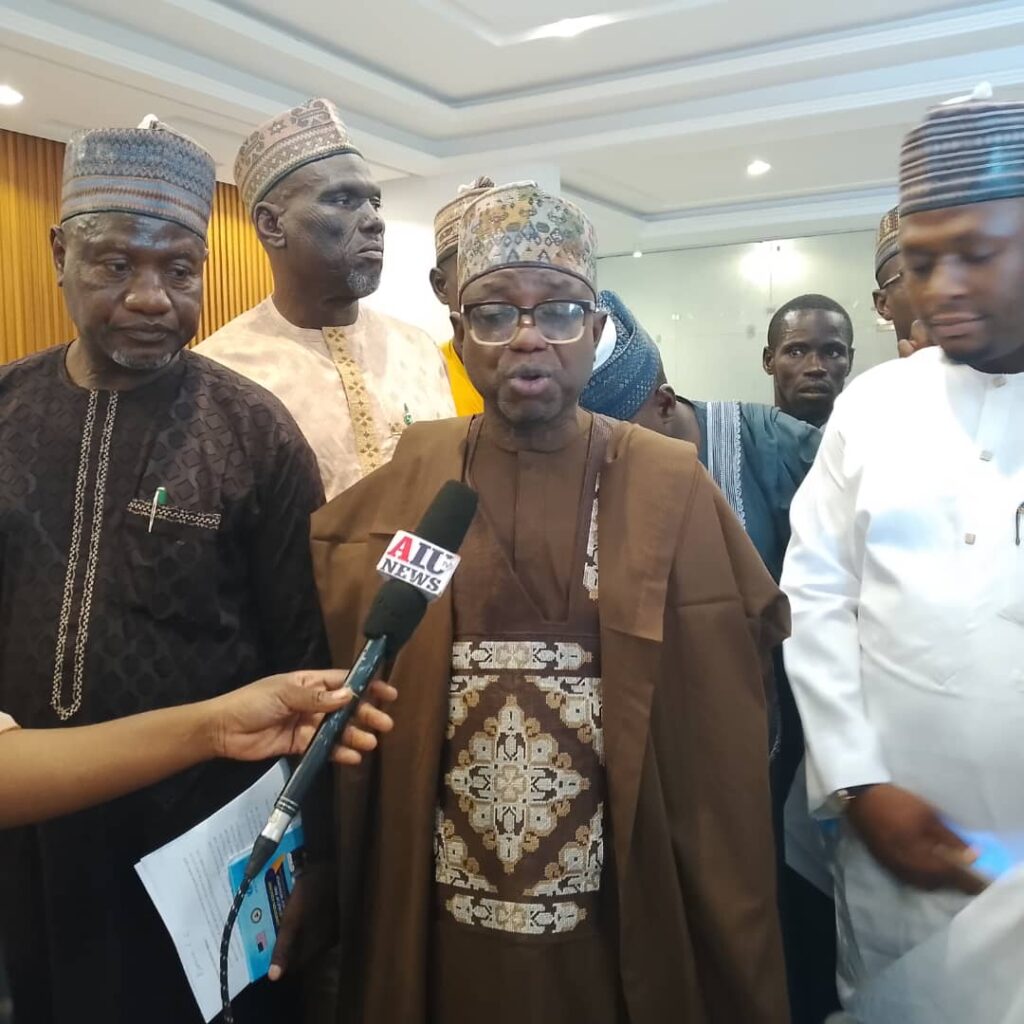The seven Northwest states have declared their commitment to eradicating open defecation by prioritising sanitation in their 2026 budgets.
This declaration followed a regional conference in Sokoto, supported by UNICEF’s Water, Sanitation and Hygiene (WASH) program.
The conference focused on scaling up the Sanitation Voucher Initiative, a scheme that helps vulnerable households build or improve toilet facilities.
The participating states – Sokoto, Kebbi, Kano, Jigawa, Kaduna, Zamfara, and Katsina – pledged to fund programs that will expand household toilets, intensify hygiene campaigns, and support communities in need.
Delegates, including commissioners for local government, environment, and chieftaincy affairs, emphasised that open defecation is not just a health issue but also a developmental one.
“Our 2026 budget plans will reflect this commitment,” one representative affirmed. “Ending open defecation will require political will, community ownership, and sustained investment.”
Zamfara State Commissioner for Local Government and Chieftaincy Affairs, Engr. Ahmad Garba described open defecation as a major driver of preventable diseases like cholera and dysentery.
He praised the Sanitation Voucher Programme for targeting households that cannot afford to build toilets.
“Open defecation is a public health time bomb, fueling diseases like cholera and dysentery,” Garba said. “Not every family can afford to build a toilet, but this voucher program changes that.
Zamfara is all in.” He also highlighted that hygiene is a value embedded in both Islamic and Christian teachings, saying, “Cleanliness is not just a health requirement—it’s a religious and cultural duty.”
Despite concerns about insecurity, Garba cited Katsina State’s remarkable record—33 out of 34 LGAs are already open defecation-free—as proof that results are possible with strong leadership and community mobilisation.
The conference concluded with a strong message: Tackling open defecation requires political will, grassroots engagement, and cross-border collaboration.
Delegates expressed optimism that with sustained effort, the Northwest can help Nigeria meet its target of becoming open defecation-free by 2030, in line with the Sustainable Development Goals (SDGs).
The meeting ended with a united call for inter-state collaboration and community-driven strategies.















